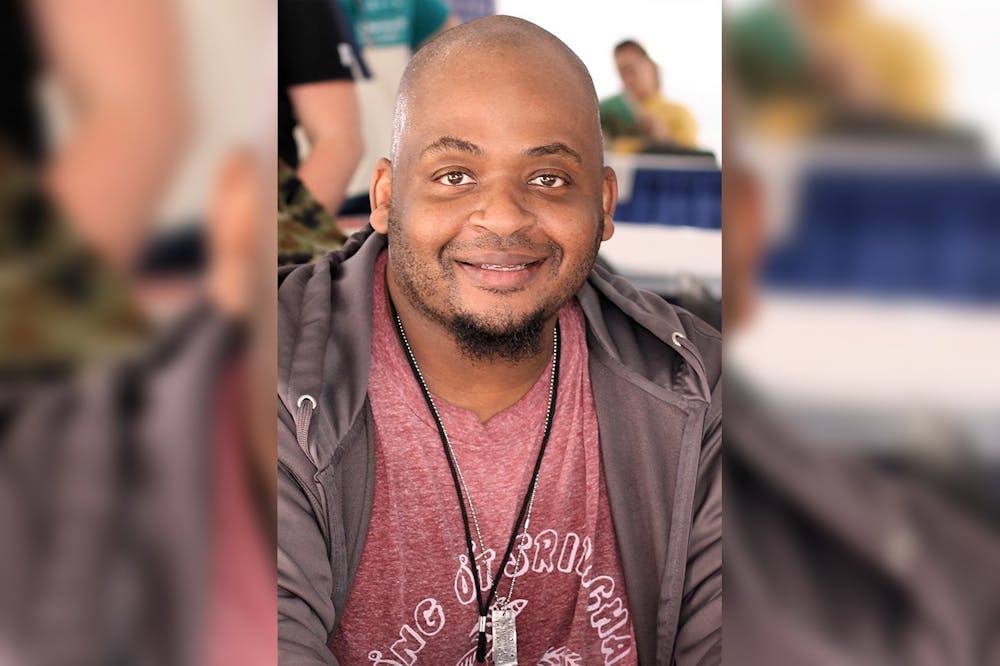“The most important part of writing, and really life, you said, is revision.”
Kiese Laymon’s Heavy: An American Memoir centers around the author’s complex relationships, including with his mother, his weight, sex, gambling, and writing. Laymon’s emphasis on revision, in life and in writing, works to illuminate the jarring reality that very few of us know how to love each other responsibly. With constant revision comes self-reflection—with self-reflection comes an honest accounting of our own secrets and lies. We hurt each other often, both consciously and unconsciously, then keep those feelings and events hidden away, leaving us ashamed, lonely, and fearful.
The memoir is written to Laymon's mother who beats him in the name of pushing him to excellence. The only other woman in his life of equal impact, if not greater, is his grandmother, who is the sole nurturer of his spirit. He tells his mother, "I remember forgiving you when Grandmama told me you beat me so much because something in Jackson was beating you." While his mother's decisions were traumatic for him, with his grandmother's help he is able to begin re-evaluating their relationship under his newfound lens of compassion—the result of continuous revision to get nearer to the fullest version of every story. She is his mother, but she is also a Black woman in Mississippi; those identities do not exist in a vacuum: her mothering of a Black, overweight son in the South is inescapably shaped by her own experiences of oppression under systems of white supremacy and patriarchy.
Revision isn’t just reforming already existing, flawed structures. Even in personal relationships, when we get caught up in trying to salvage what used to be and mold it to fit new circumstances, we’re limiting that relationship's potential—we form preconceived notion of relationships based on past experience. We forget that just because it might never be the same does not mean that it can never be better than before.
When we apply the idea of revision to broader, oppressive societal structures, we have to be open to change that exists outside of the pre-existing structures. He writes: “Writing required something more than just practice... mostly, it required a commitment to new structures, not reformation.”
The old, white structures in American society don’t consider the effects of oppression and trauma on all aspects of a Black person’s life, from family and marriage, to education and careers, health and death. Society doesn’t center the Black experience—rather, it judges that experience against white standards that have been shaped by centuries of privilege. We can’t reform a system that has always been against us. Laymon argues, and demonstrates, that for Black people, you must reckon with and accept our cultural truths and commit to creating new structures specific to us, whenever the existing structures inevitably exclude them, as they were designed to do. As we commit to finding the new and better, instead of derivatives of the same old thing, we come closer as Black people to facilitate our own healing and empowerment as a community.
Heavy is proof of Laymon’s unwavering devotion to healing Black people’s historically hurting hearts. A memoir that brilliantly and bravely voices the pain of being hurt and the recognition that you’ve been hurting others in the very same ways, Heavy grants compassion to Black people who hurt others because something else is hurting them, making his case for us to love better and do better all the more convincing.







